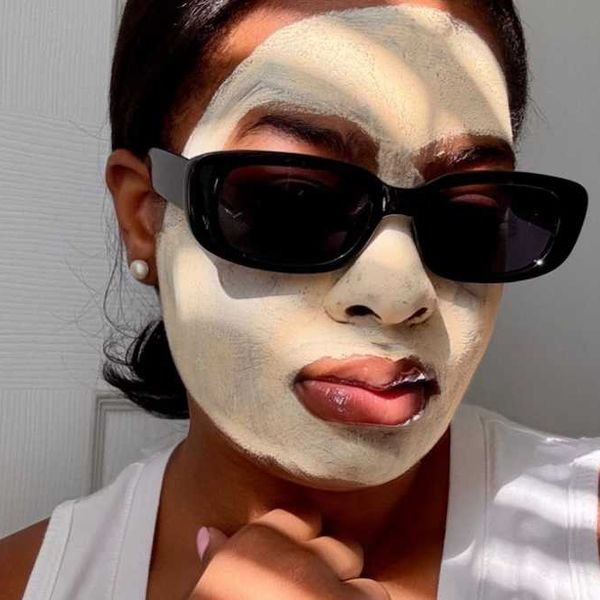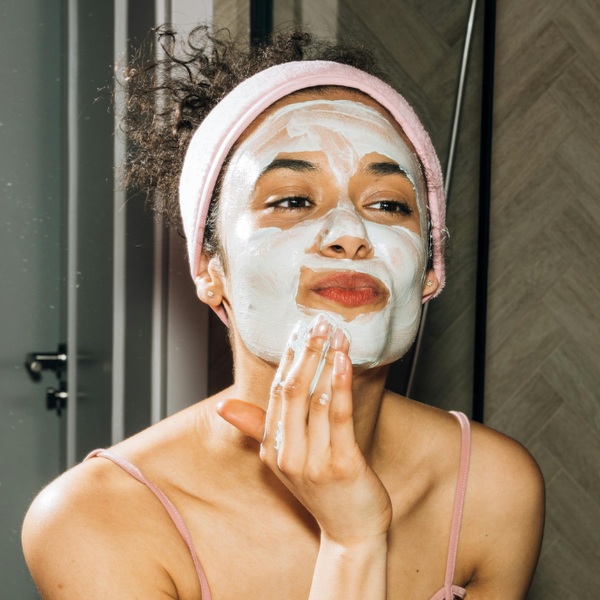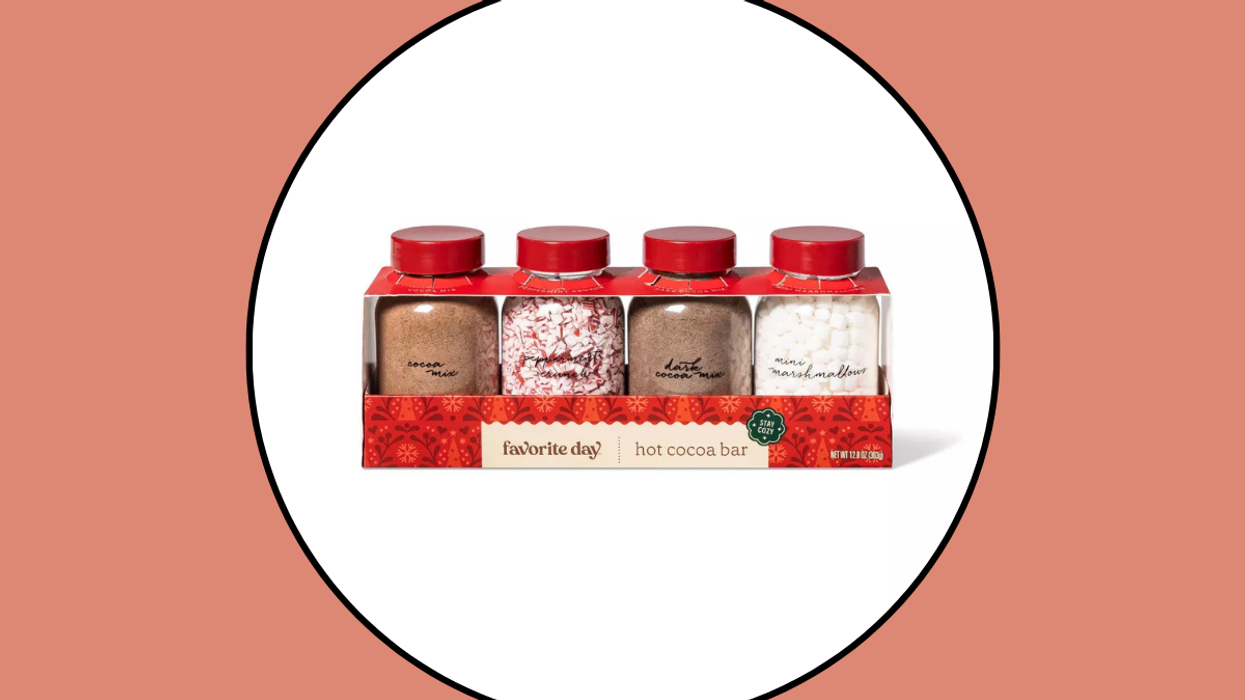All your questions have been answered.
Should You Wear a Mineral or Chemical SPF? Here’s What the Experts Say
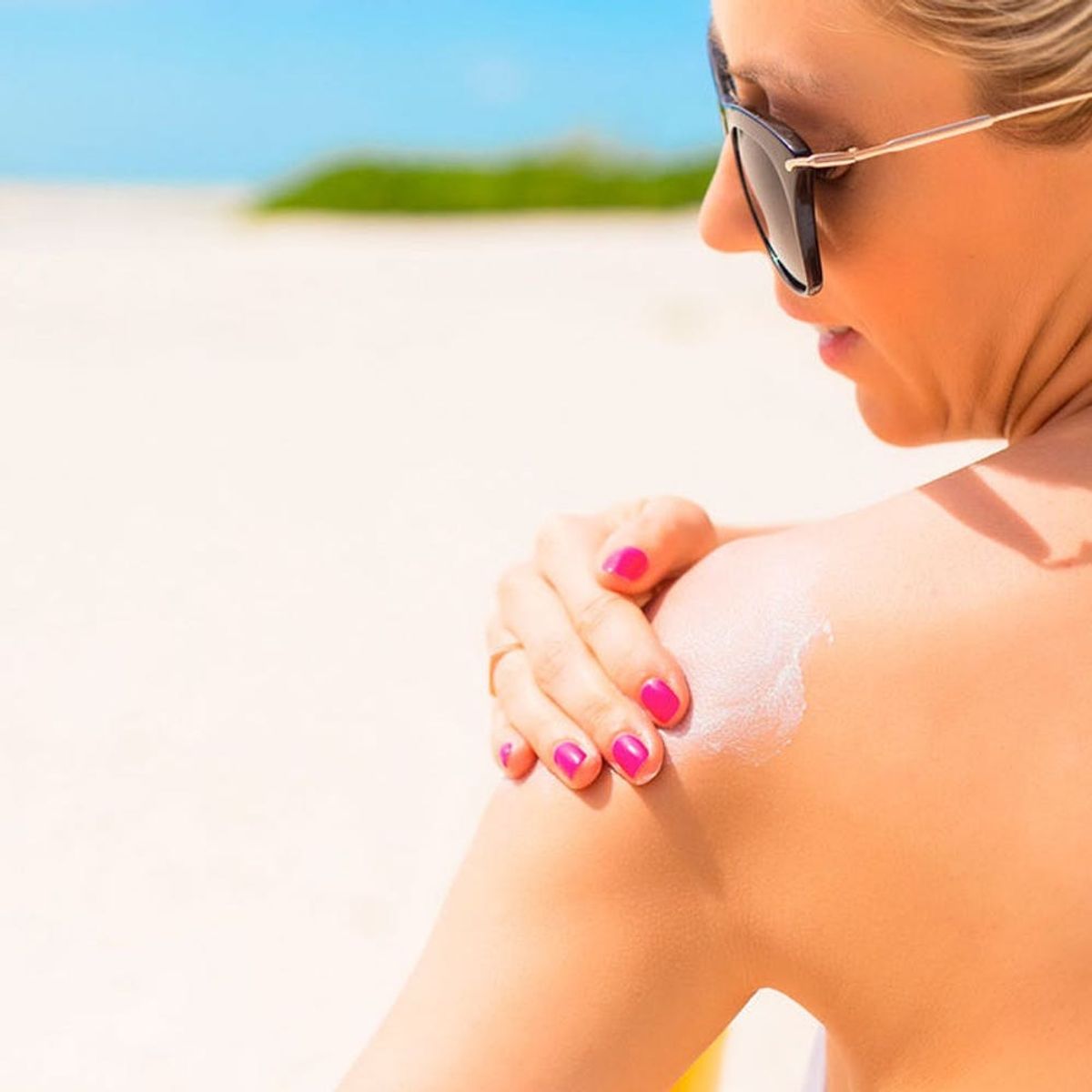
With so much talk of summer days spent in the sun, proper skincare is top of mind. But the question remains if your SPF of choice should be chemical or mineral formulation. If you’re still on the fence, you’re not alone. With so many options, including glittery blends and tinted sunscreens, it’s not an easy decision. Thankfully two dermatologists helped us shed a little light on the two types of SPF to determine if you should use physical mineral blockers or an old-school chemical formula.
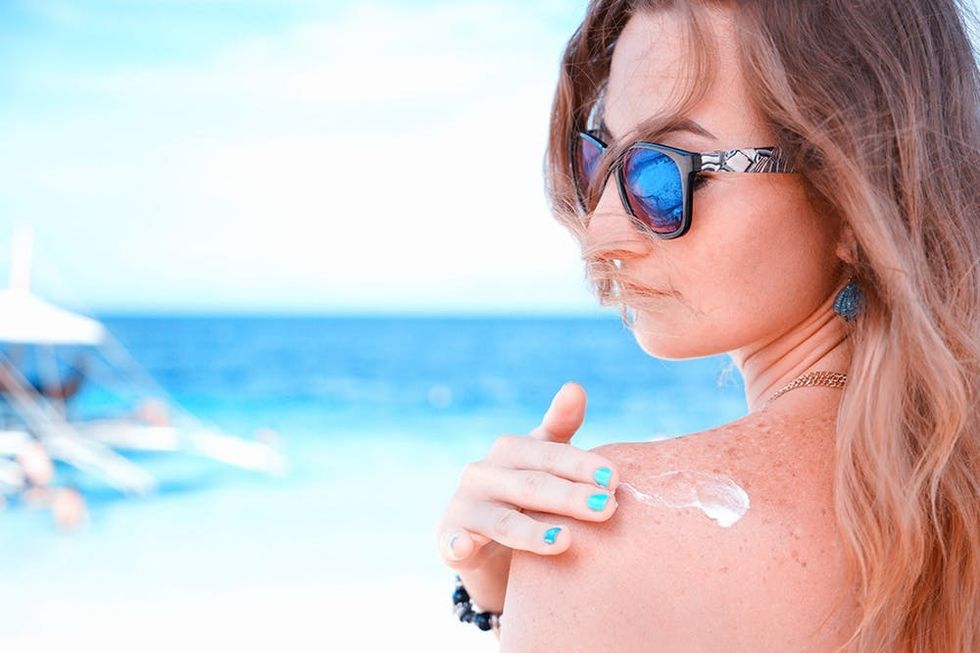
No matter your complexion type or lifestyle — whether you have sensitive skin, a condition like rosacea or eczema, an on-the-go active lifestyle, or if you need to look photo-ready at all times — consider your bases covered.
Brit + Co: What are the pros and cons of using a mineral or a chemical sunscreen?
Dr. Joyce Imahiyerobo-Ip of Vibrant Dermatology: Mineral sunscreens protect against both UVA and UVB rays, tend to last longer in direct sunlight, and are great for people with sensitive or allergy-prone skin because they cause less irritation. Mineral sunscreens are also less likely to clog your pores. But the cons are that some brands are extremely opaque, causing the skin to appear [ash-y], particularly if you have a dark skin type.
Chemical sunscreens tend to be more cosmetically appealing because they are thinner and are often combined with antioxidants and other helpful anti-aging ingredients. Hydropeptide Solar Defense ($48) contains antioxidants such as green tea and resveratrol, which help prevent skin aging and protect against skin cancer. Some of the cons of chemical sunscreens are that they must be applied 20 minutes before sun exposure occurs. Individuals are more likely to develop allergies to chemical sunscreens.
B+C: Are there certain active ingredients to look for in each type of SPF?
JI: Physical blockers contain two main ingredients: zinc and titanium oxide. These are natural minerals that block the UV rays of the sun. Chemical blockers typically include a combination of two to six ingredients including oxybenzone, avobenzone, octocrylene, and octinoxate.
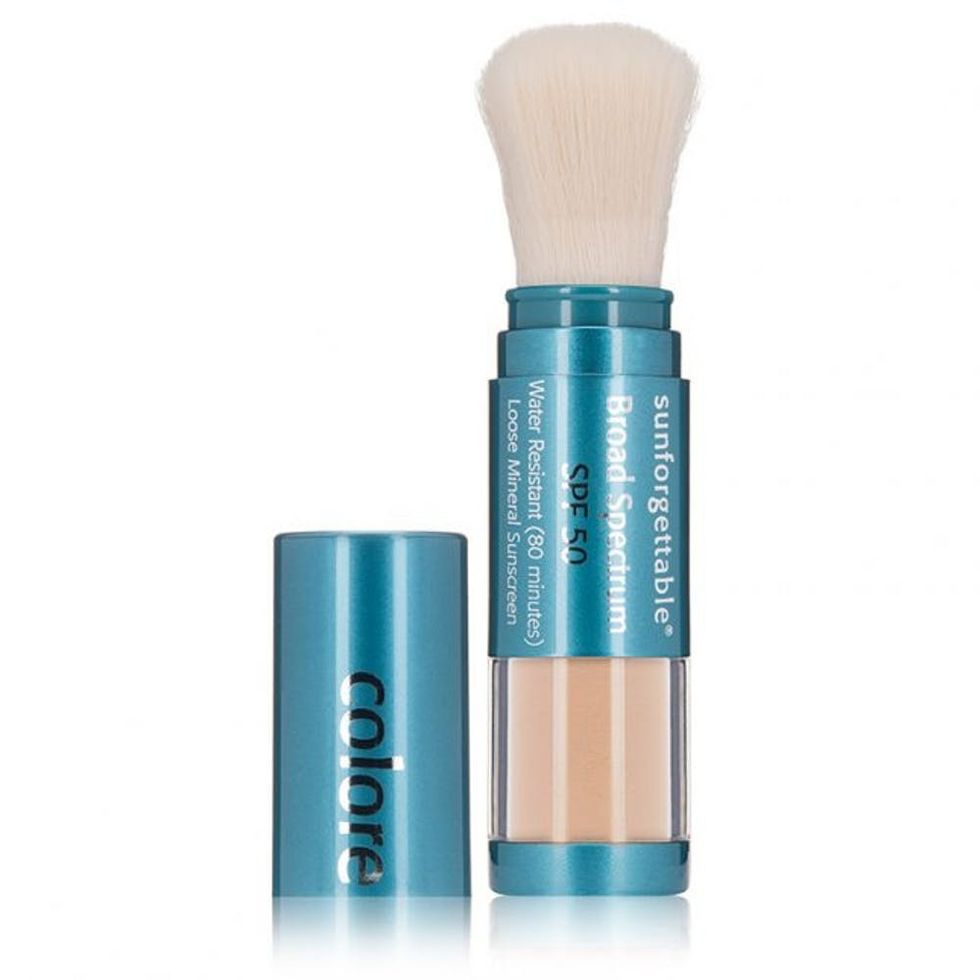
B+C: Is one type of sunscreen better suited for different types of activities (for example, swimming versus laying out)?
JI: Yes! I use different sunscreens for different situations and recommend my clients do the same. On a daily basis, I like to use a moisturizer with a sunscreen in it. If I am prepping for a day of outdoor activities, I prefer to wear physical blockers containing zinc and titanium oxide. I find these ingredients to be the broadest spectrum and most protective against the sun’s rays, and they are a cleaner alternative to chemical blockers.
Lastly, I think it’s also good to have a sunscreen in a pressed powder for those days when you have to be out in the sun but also need to make sure to have perfect makeup! In those instances, I like Colorscience Sunforgettable Total Protection Brush-On SPF 50 ($65) as a brand of pressed powder with SPF 50.
B+C: Which sunblocks are best for each skin type?
Dr. Craig Kraffert of ReddingDerm and President of Amarte Skincare: [For dry skin,] apply preferred moisturizing products before sunscreen. The oilier a person’s skin, the more they will want to avoid heavier and greasier sunscreen products.
As far as acne goes, it may be better off for those with oily and/or breakout tendencies to avoid homosalate-containing formulations. Many less expensive and mass-market sunscreens, however, use homosalate. [Instead] look for lighter lotions, liquids, and fluids as these tend to be the least greasy in feel and performance.
B+C: But what if you have a skin condition like eczema or rosacea?
JI: In general, patients with sensitive skin may tolerate physical blocker sunscreens containing zinc and titanium more than those containing chemical sunscreens such as homosalate, octinoxate, octocrylene, and oxybenzone. Whenever possible, those with sensitive skin should avoid sunscreens containing preservatives such as paragons and phthalates. I love Aveeno SPF 50 ($30) for those with sensitive skin.

For rosacea sufferers, it can be tough to find the right sunscreen. I recommend opting for sunscreens that have antioxidants that help with rosacea. Some antioxidants that have been shown to help include green tea, grapeseed extract, niacin/niacinamide, caffeine, coffeeberry extract, resveratrol, and lycopene. La Roche-Posay Rosaliac UV Riche ($25) is a great brand for individuals with rosacea.
B+C: Should you switch up your sunscreen when you’re pregnant or breast feeding?
JI: When pregnant or nursing, I opt for physical blockers. These are inert minerals that stay on the surface of the skin. You want to make sure that your physical sunscreen does not contain nanoparticles as these particles are small enough to be absorbed into the skin. Look for a micronized physical sunscreen. Chemical sunscreens have raised concerns about containing estrogen disruptors, which could be particularly harmful if you are pregnant with a male fetus. If you are looking for a clean alternative, stick with micronized physical blockers.
B+C: Which type of sunblock is more environmentally friendly?
CK: There is some data suggesting that sunscreen ingredients including octinoxate and oxybenzone may damage coral reefs by making the coral organisms more vulnerable to viral infections. [T]he state of Hawaii will enact a ban on the sale of these two ingredients in Hawaii beginning in 2021.
B+C: At the very least, what should always be on your sunscreen’s label?
CK: Always choose a sunscreen labeled as “Broad Spectrum.” Be wary of any that lists an SPF rating higher than 50+ [as] there is concern that promoting the display of defined SPF numbers over 50 may result in misleading marketing messages. Super-high SPF products tend to be cosmetically inelegant and thus do not provide ideal overall utility for most consumers.
Will you go for a mineral or chemical sunscreen this summer? Tell us on Pinterest!
(Featured photo via Getty)
Brit + Co may at times use affiliate links to promote products sold by others, but always offers genuine editorial recommendations.


